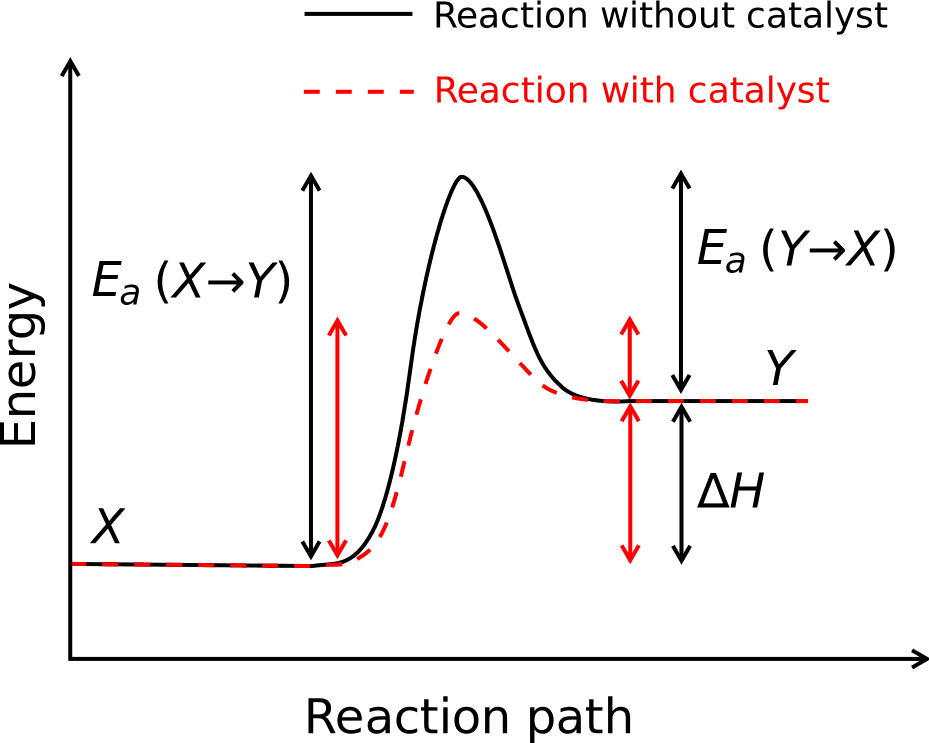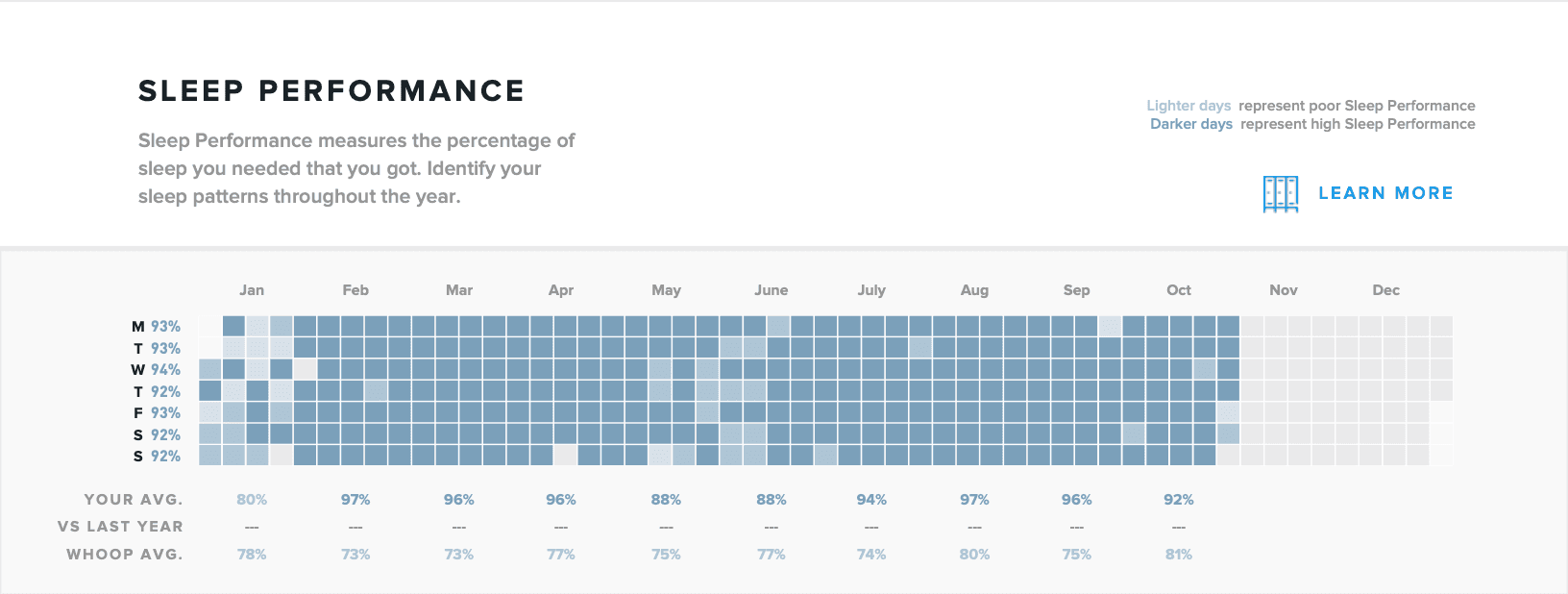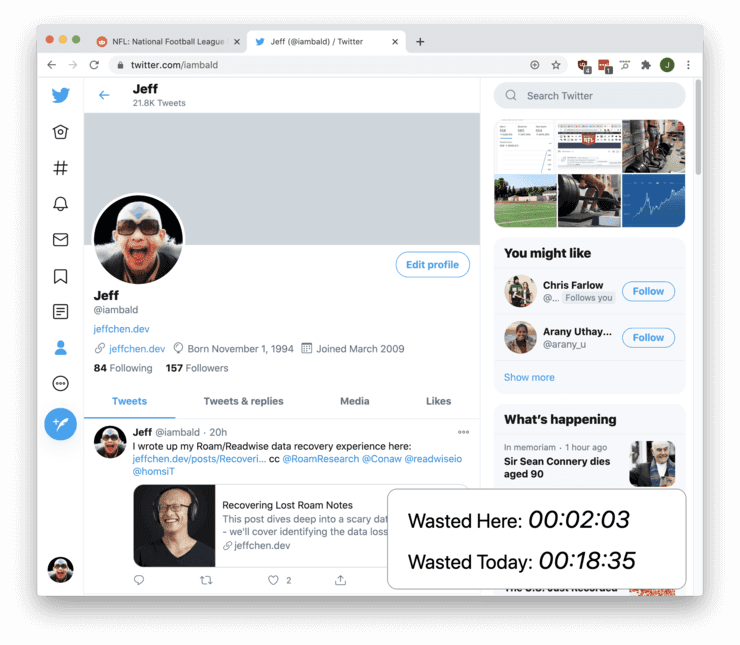Activation Energy and Productivity
November 14th, 2020
I have lots of life goals, both short-term and long: I’d like to work on my side projects, become a better writer, read great books, run faster, get stronger… Yet I’ve always struggled to avoid the siren call of social media, video games, and other empty calorie activities.
My weekends would fall through my hands - I’d often find myself wondering on Sunday evenings what happened to my time. Broadly categorizing my activities as “productive” (those that move me towards my long-term goals) and “unproductive” (those that do not), I was spending way too much time on unproductive things. My problem wasn’t losing focus after getting started: it was just getting started in the first place.
It’s much easier to open Reddit or YouTube than it is to edit an essay or jump in the weight room. There’s a term for this, borrowed from chemistry: activation energy. The higher the activation energy for a pursuit, the harder it’ll be to get over the hump and get started. And unfortunately for us, empty pursuits generally have much lower activation energies than productive ventures.
That is, by default. Two more chemistry terms illuminate a potential solution: catalysts decrease the activation energy of a reaction, while inhibitors do the reverse and increase activation energies. Over time, I’ve accumulated a library of catalysts and inhibitors which have combined to meaningfully increase my time spent on productive tasks:
Catalysts for productivity
Here’s a shortlist of the tools and tactics that have made working towards my goals easier:
- Motivation is powerful but fleeting - so take advantage when it strikes. If I want to write, I’ll write. If I’d rather read - I’ll do that instead. To maximize your chance of motivation, have multiple streams of work, and don’t begrudge yourself for working on one over the other.
- Invest in tools that make work fun and easy. I’ve got a thing for mechanical ergonomic keyboards, so I have a Kinesis Freestyle Pro. Separately, I bought a Freelap so that I can compete against myself with every single track workout. Finally, I’ve spent time customizing my development and writing environments so that it’s as easy as possible to get started.
- Sleep and eat right! I repeat this ad nauseam on this blog — because it’s so important. For me to achieve my long-term goals, I need to be at the bleeding edge of my mental and physical capacities. Giving myself a 9.5 hour sleep opportunity and eating lots of protein help me stay there.

My sleep performance in 2020 is consistently above 90%! - Set aside regular time for specific tasks. For example, my weekday mornings are always dedicated to running or weightlifting, no exceptions. In time, this has become a habit - I get restless and even feel a little guilty on my rest days!
- Hold yourself accountable. I’ve been publishing monthly reviews for a few months now. They help me keep track of the things I’ve done for the month — and because they’re public, they’ve kept me accountable.
Inhibitors against unproductivity
A non-goal of mine is completely shutting off “unproductive” activities - like a too-strict diet, I’d quickly burn out and give up. Instead, choosing non-productive ventures should be intentional rather than the default. Here are some tools and tactics that have helped me make this happen:
- Remove or log out of social media apps from your phone and computer. I’m in the habit of logging in and out of Twitter and Facebook after every session.
- Unsubscribe from “empty” subreddits: sports, memes, echo chambers, etc. Stay subscribed to communities dedicated to the same goals as yourself - for example, some of my subscriptions include
r/sprinting,r/programming, andr/nutrition.- This doesn’t mean that I completely avoid time-wasting subreddits! It just takes me an extra step to get there, which forces me to make an explicit choice on how I spend my time.
- Install tools that reduce social media and video sites’ inherent addictiveness. News Feed Eradicator for Facebook and Remove YouTube Recommended Videos, Comments are my favorites.
- Leave your gaming PC unplugged. I’d previously invested in making swapping between my laptop and PC seamless. This led to more hours wasted in Dragon Age and Civilization than I’d like to admit. Now, my PC and cables sit in my closet. If I want to play a game, I have to take it out and set everything up before I can get started. And, when I’m done, I need to put everything away again.
- Mind your mindless browsing. I wrote wasted-time to keep me acutely aware of how much time I’ve spent so far mindlessly browsing.

I've only wasted 18 minutes so far today - but the day's still young!
Conclusion
Modeling starting tasks using activation energy has helped me devise a set of catalysts to ease productive activities and a set of inhibitors to, well, inhibit unproductive ones. That’s not to say that I’m perfect or even close to it - but I’m making noticeably more progress towards my goals. As my goals and distractions change, I’ll keep adding to my library of catalysts and inhibitors!
